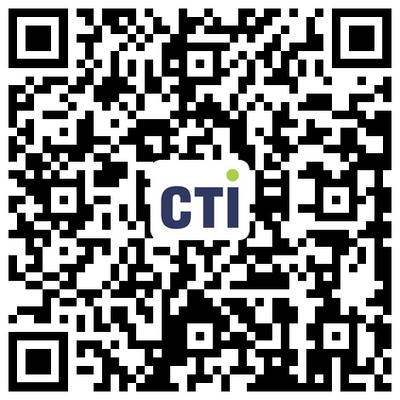-
 Overview
Overview
Centre Testing International Group Co., Ltd. (CTI) is a market leader in testing, inspection, certification, calibration, audit, training & technical services; building trust between governments, enterprises, and consumers.
-
 Sustainability
Sustainability
By building a full value chain ESG governance system covering the strategic decision-making level, management execution level and business operation level, it actively practices penetrating management of ESG risk and opportunities, empowering sustainable development across the industry chain.
-
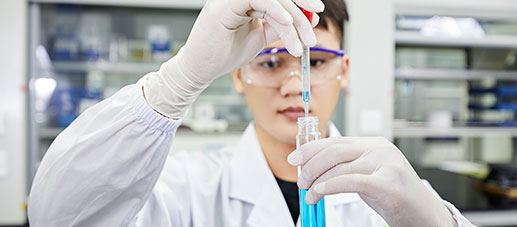 Our service
Our serviceCentre Testing International Co., Ltd. (CTI) is the pioneer and leader in the TIC Industry which provides one-stop solutions on testing, inspection, certification, calibration, audit, training & technical services.
-
By Industry
Our service capabilties cover the upstream and downstream of the supply chain including textile and apparel,toys,electronic appliances,medical health,food...andother industries.
-
 Environment
Environment
-
 Raw Material & Fuel Chemicals
Raw Material & Fuel Chemicals
-
 Textiles, Apparel, Footwear & Accessories
Textiles, Apparel, Footwear & Accessories
-
 Food & Agricultural Products
Food & Agricultural Products
-
 Cosmetics, Personal Care & Household Chemicals
Cosmetics, Personal Care & Household Chemicals
-
 Building Materials&Construction Engineering
Building Materials&Construction Engineering
-
 Electronic & Electrical Appliances
Electronic & Electrical Appliances
-
 Toys, Furniture & Home Decoration
Toys, Furniture & Home Decoration
-
 Industrial Equipment & Manufacturing
Industrial Equipment & Manufacturing
-
 Rail & Aviation
Rail & Aviation
-
 Automotive & Spare Parts
Automotive & Spare Parts
-
 Pharma and Medical Services
Pharma and Medical Services
-
 Maritime Vessel Compliance Testing
Maritime Vessel Compliance Testing
 By Industry
By IndustryOur service capabilties cover the upstream and downstream of the supply chain including textile and apparel,toys,electronic appliances,medical health,food...andother industries.
-
-
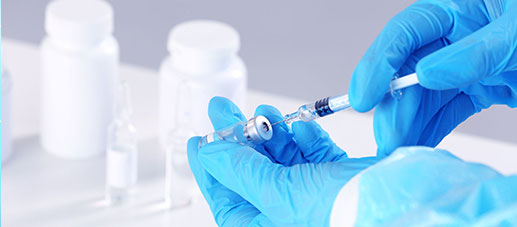 Specialty
SpecialtyComprehensively guarantee quality and safety, promote compliance and innovation, demonstrate brand competitiveness, and achieve higher quality, healthier, safer, and greener sustainable development.
-
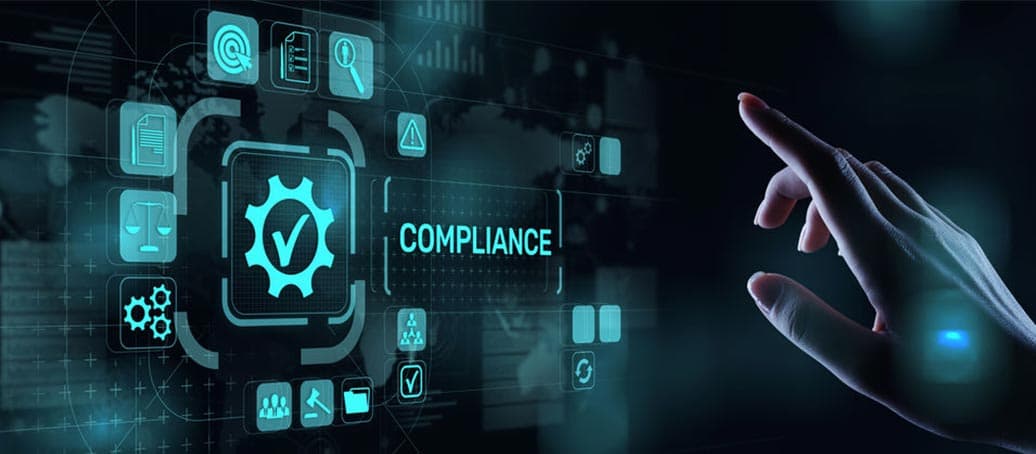 Management
ManagementWe have established a clear governance structure in accordance with listing requirements and national regulations and policies to deal with internal and external challenges and achieve sustainable development.
-
 Information DisclosureWe are committed to establishing normal and effective two-way communication with shareholders and investors. We have established a complete information disclosure mechanism to convey information to shareholders in a timely manner.
Information DisclosureWe are committed to establishing normal and effective two-way communication with shareholders and investors. We have established a complete information disclosure mechanism to convey information to shareholders in a timely manner.
-
 Talents Policy
Talents PolicyEnsuring the basic rights and benefits of employees;
Providing professional skills training to promote employees’ growth;
Carrying out various kinds of activities to balance employees’ work and life.
-
 RecruitmentWelcome to join CTI family! We are providing a platform for you to show your talents and achieve your career aspiration.
RecruitmentWelcome to join CTI family! We are providing a platform for you to show your talents and achieve your career aspiration.
At CTI’s Electronic & Electrical Laboratory in China, we are an accredited testing provider under FCC regulations and work closely with Telecommunication Certification Bodies (TCBs) to offer seamless, one-stop FCC certification services—supporting both domestic Chinese manufacturers and international clients worldwide.
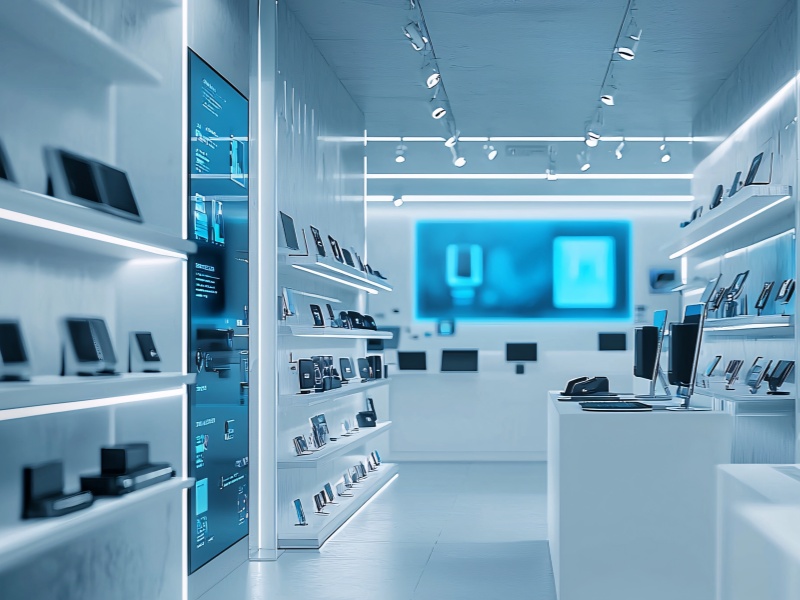
FCC Certification (FCC SDOC & FCC ID)
Compliance with regulatory standards is essential for ensuring the safety, reliability, and marketability of electronic and electrical products. For manufacturers targeting the United States market, Federal Communications Commission (FCC) certification is a critical requirement. FCC certification, focusing on the two primary pathways: FCC Supplier’s Declaration of Conformity (SDoC) and FCC ID.
CTI Electronic & Electrical lab is the accredited lab for testing services under the FCC rules and cooperates with FCC TCBs to deliver one-stop FCC certification services here in China for local manufacturers or oversea clients around the world.
1. What is FCC Certification?
FCC certification is a mandatory requirement for electronic and electrical products in scope that are sold or distributed in the United States. The FCC regulates these products to ensure they do not cause harmful interference to other devices, communications systems, or public safety networks. The certification process involves testing products to verify compliance with FCC rules and standards.
There are two main types of FCC certification:
- FCC Supplier’s Declaration of Conformity (SDoC): A self-certification process where the manufacturer or importer declares that the product complies with FCC rules.
- FCC ID: A certification issued by the FCC for products that require more rigorous testing and evaluation, typically those with intentional radiators (e.g., wireless devices).
FCC certification is not just a legal requirement; it also builds consumer trust and ensures market access in the U.S.
2. Product Categories Required for FCC Certification
FCC certification applies to a wide range of electronic and electrical products that emit RF energy. These products can be broadly categorized into the following groups:
- Intentional Radiators: Devices that intentionally emit RF energy, such as Wi-Fi routers, Bluetooth devices, and cellular phones.
- Unintentional Radiators: Devices that emit RF energy as a byproduct of their operation, such as computers, printers, and power supplies.
- Incidental Radiators: Devices that generate RF energy but are not designed to use it, such as motors and mechanical switches.
- Industrial, Scientific, and Medical (ISM) Equipment: Devices used in industrial, scientific, or medical applications, such as microwave ovens and RF heaters.
Examples of specific product categories include:
- Wireless communication devices (e.g., smartphones, tablets, IoT devices)
- Home appliances (e.g., microwaves, refrigerators)
- IT and networking equipment (e.g., routers, modems, servers)
- Consumer electronics (e.g., televisions, gaming consoles)
- Lighting products (e.g., LED drivers, smart lighting systems)
- Medical devices (e.g., wireless medical monitors)
- Industrial equipment (e.g., RFID systems, wireless sensors)
3. Difference Between FCC SDoC and FCC ID Certification
The FCC offers two certification pathways, each suited to different types of products:
FCC Supplier’s Declaration of Conformity (SDoC)
- Applicability: Applies to unintentional radiators and certain low-risk intentional radiators.
- Process: The manufacturer or importer is responsible for testing the product and declaring its compliance with FCC rules.
- Testing: Conducted by an accredited lab, but the manufacturer can perform some tests in-house.
- Documentation: Requires a Declaration of Conformity and a Technical File.
- Labeling: Products must bear the FCC logo and a compliance statement.
FCC ID
- Applicability: Applies to intentional radiators and higher-risk devices, such as wireless communication devices.
- Process: Requires submission of test results and documentation to the FCC or a Telecommunication Certification Body (TCB) for review and approval.
- Testing: Must be conducted by an accredited lab.
- Documentation: Requires a detailed application, including test reports, schematics, and user manuals.
- Labeling: Products must display the FCC ID, which is unique to each device.
Key Differences:
| Aspect | FCC SDoC | FCC ID |
|---|---|---|
| Applicable Products | Unintentional radiators, low-risk devices | Intentional radiators, higher-risk devices |
| Testing Responsibility | Manufacturer or accredited lab | Accredited lab only |
| Approval Process | Self-declaration | FCC or TCB approval |
| Labeling Requirements | FCC logo and compliance statement | FCC ID |
4. FCC Standards for Applicable Product Categories
FCC certification requires compliance with specific technical standards, depending on the product category. Below is a table summarizing the key FCC standards for common product categories:
| Product Category | Applicable FCC Rules | Key FCC Standards |
|---|---|---|
| Wireless Communication Devices | Part 15 (Intentional Radiators) | FCC Part 15 Subpart C (RF Devices), FCC Part 15 Subpart E (Wi-Fi, Bluetooth) |
| Home Appliances | Part 15 (Unintentional Radiators) | FCC Part 15 Subpart B (Emissions) |
| IT and Networking Equipment | Part 15 (Unintentional Radiators) | FCC Part 15 Subpart B (Emissions) |
| Consumer Electronics | Part 15 (Unintentional Radiators) | FCC Part 15 Subpart B (Emissions) |
| Lighting Products | Part 15 (Unintentional Radiators) | FCC Part 15 Subpart B (Emissions), FCC Part 18 (ISM Devices) |
| Medical Devices | Part 15 (Unintentional Radiators) | FCC Part 15 Subpart B (Emissions) |
| Industrial Equipment | Part 15 (Unintentional Radiators) | FCC Part 15 Subpart B (Emissions), FCC Part 90 (Wireless Communication) |
| ISM Equipment | Part 18 (ISM Devices) | FCC Part 18 (Industrial, Scientific, and Medical Equipment) |
| Power Supplies | Part 15 (Unintentional Radiators) | FCC Part 15 Subpart B (Emissions) |
| RFID Systems | Part 15 (Intentional Radiators) | FCC Part 15 Subpart C (RF Devices) |
5. How to Find FCC-Accredited Testing Labs
To find an FCC accredited lab, you can use the following resources:
- FCC Lab Search Tool: The FCC provides an online database of accredited labs. Visit the FCC Equipment Authorization Search.
6. Procedure for Obtaining FCC SDoC and FCC ID Certification
FCC SDoC Certification Process
- Determine Applicability: Confirm that your product falls under the FCC SDoC program.
- Conduct Testing: Perform the required tests at an accredited lab or in-house (if qualified).
- Compile Technical File: Prepare a Technical File containing test reports, product documentation, and a Declaration of Conformity.
- Label the Product: Affix the FCC logo and compliance statement to the product and packaging.
- Maintain Records: Keep the Technical File and supporting documentation for at least 10 years.
FCC ID Certification Process
- Determine Applicability: Confirm that your product requires an FCC ID.
- Select a TCB: Choose a Telecommunication Certification Body to handle your application.
- Conduct Testing: Perform the required tests at an accredited lab.
- Prepare Application: Compile test reports, schematics, user manuals, and other required documents.
- Submit Application: Submit the application to the TCB for review and approval.
- Receive FCC ID: Once approved, the TCB will issue an FCC ID, which must be displayed on the product.
- Maintain Records: Keep all documentation for at least 10 years.
Our Advantages:
- Authorized capabilities
- Trustworthy technical expertise
- Well-set lab facilities
- Service reliability & flexibility


















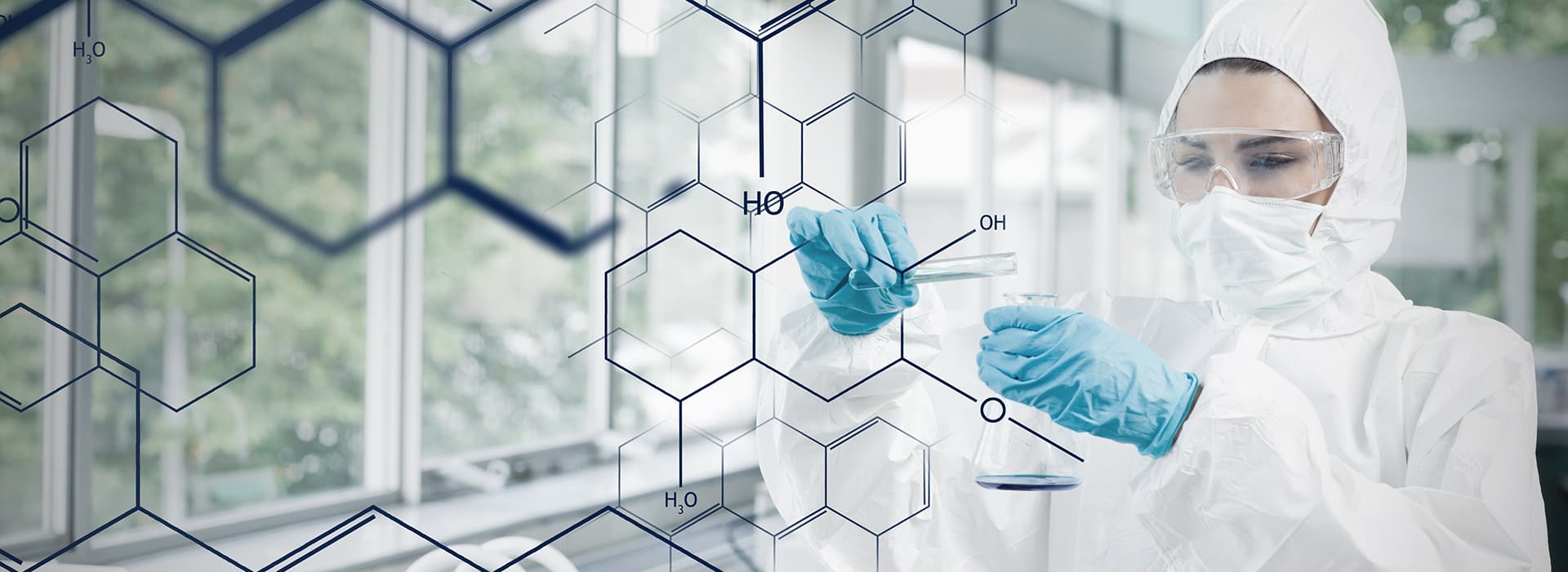

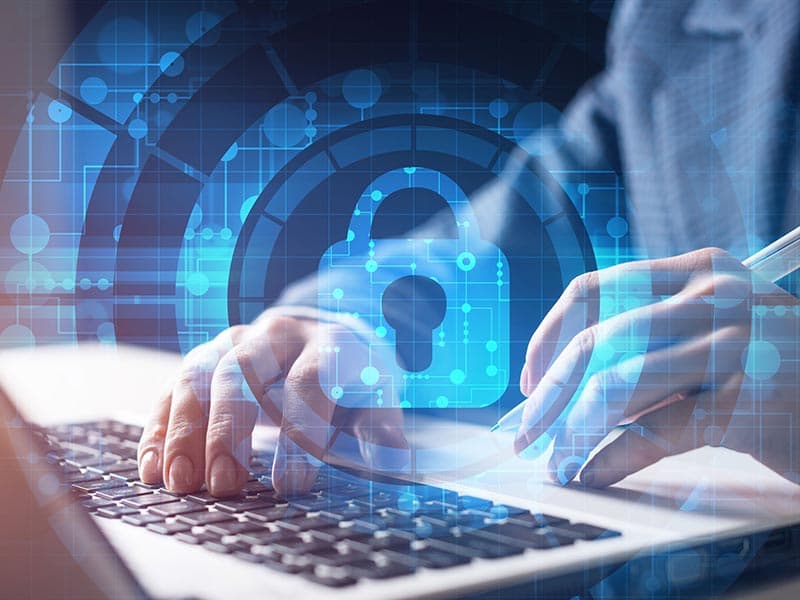


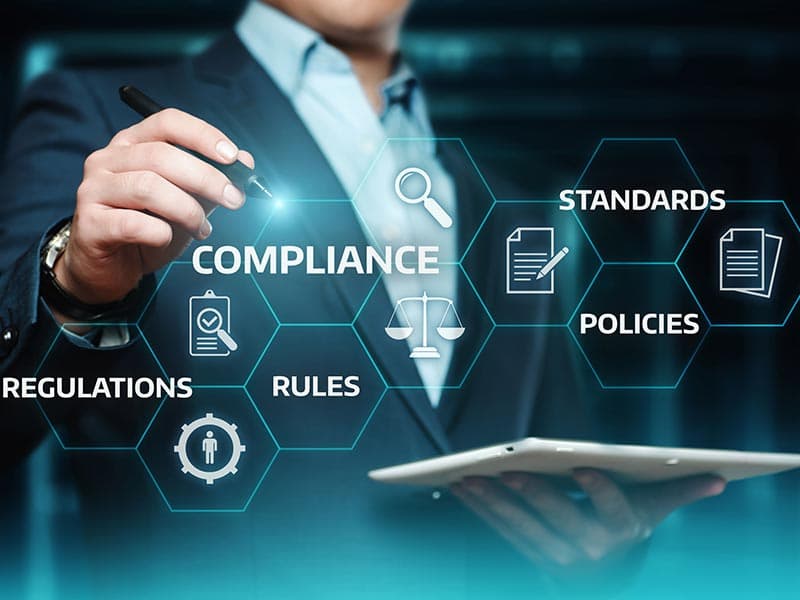

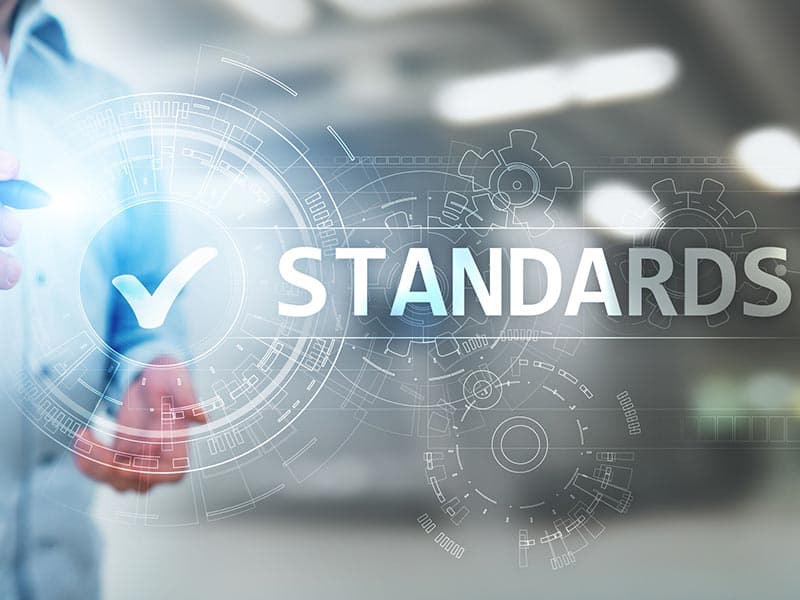
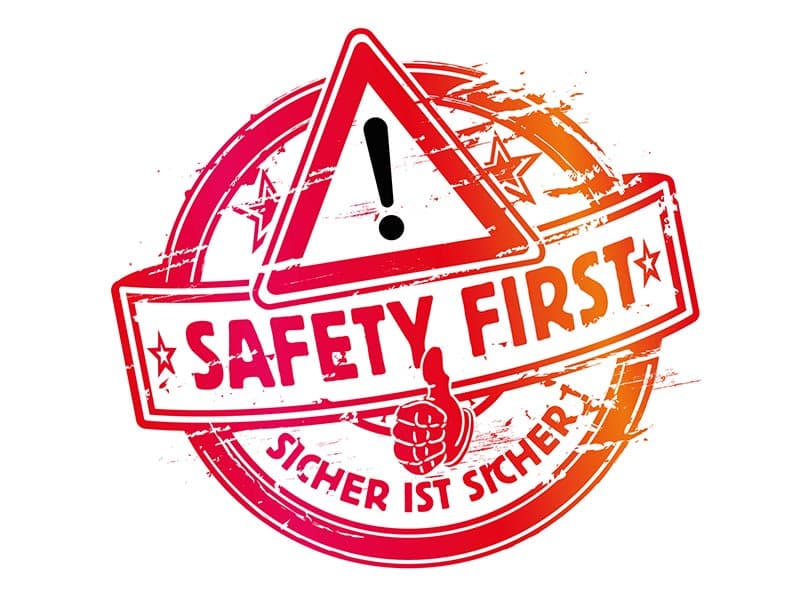
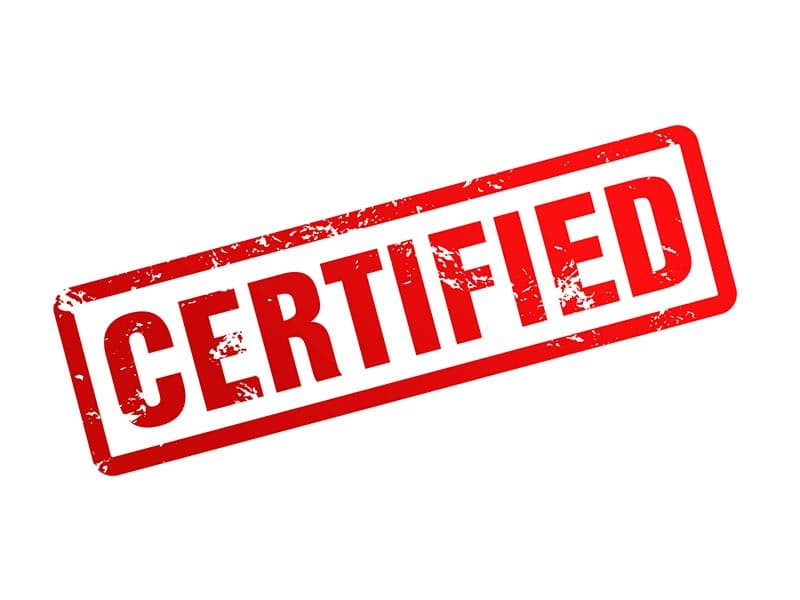
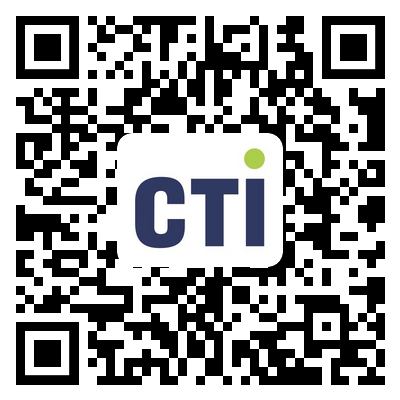
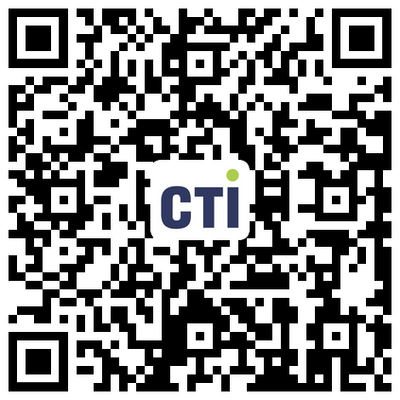
 粤公网安备 44030602000441号
粤公网安备 44030602000441号